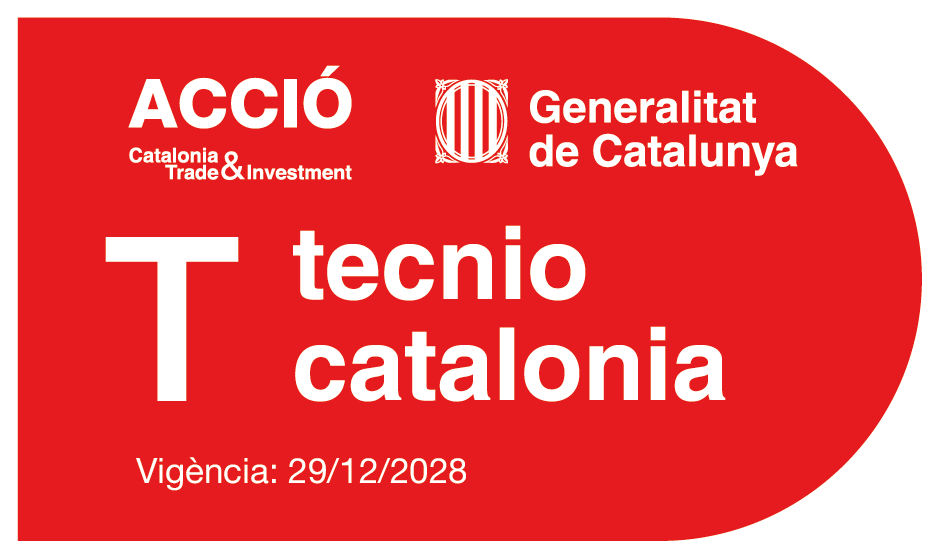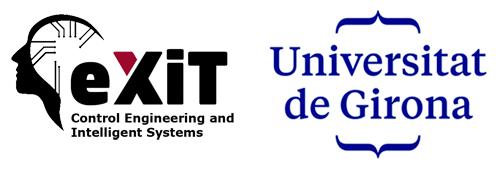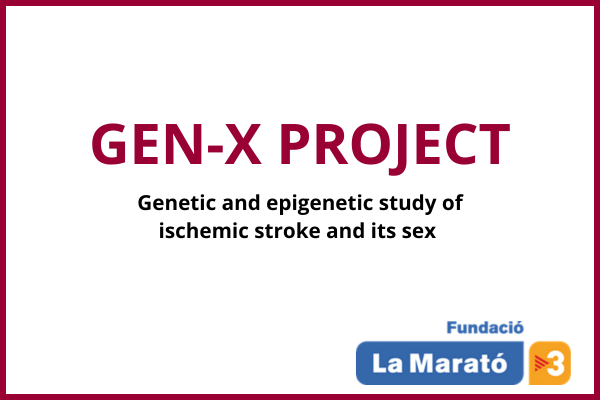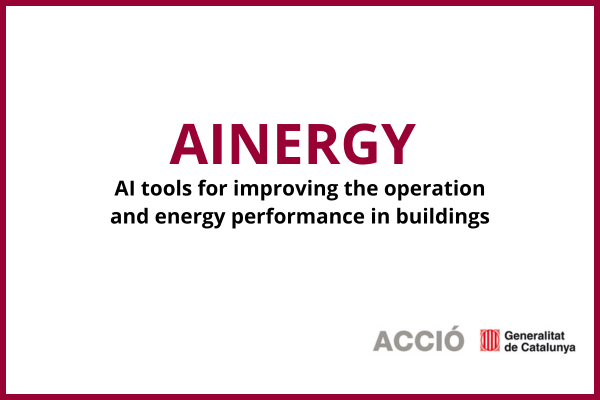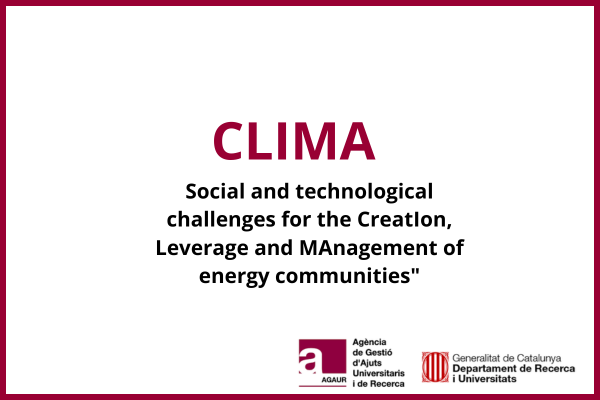
Referencia:
H2020-LCE-2017-SGS- Grant agreement No 773715
Ejecución:
1/10/2017 – 30/09/2020
Web:
Web Oficial
Investigadores principales:
Joaquim Meléndez
Centro:
Institut d’Informàtica i Aplicacions (Universitat de Girona)
Contacto:
joaquim.melendez@udg.edu
Teléfono:
+(34) 650507142
RESOLVD project is coordinated by UdG which aims to contribute to setting the next generation of competitive technologies and services for smart grids addressed in the topic LCE-01-2016-2017 (Area: 4- Intelligent electricity distribution grid). The objective is to improve the efficiency and the hosting capacity of distribution networks, in a context of highly distributed renewable generation by introducing flexibility and control in the low voltage grid. An innovative advanced power electronics device, with integrated storage management capabilities, will provide both switching and energy balancing capacities to operate the grid optimally. Continuous power flow control between storage and the grid, and also between phases, will result in a flatter and reduced demand curve at the substation level with an associated loss reduction and an improved voltage control and quality of supply. The enhanced observability of RESOLVD, provided through cost-effective PMUs and state-of-the-art short-term forecasting algorithms that predict demand and renewable generation, will permit a reduction of uncertainty in grid operation and an increased efficiency. RESOLVD proposes hardware and software technologies to improve low voltage grid monitoring with wide area monitoring capabilities and automatic fault detection and isolation. This improved observability and monitoring system combined with the capability of actuating on the grid will benefit from robust scheduling methods to support self-healing and grid reconfiguration. This will allow efficient grid operation and a maximised renewable hosting capacity. The integration of these technologies, allowing interoperability with legacy systems and third parties in a cyber secure way, envisions new business models that will be analysed during the project. Some of them focused on the role of the DSO as a facilitator, but others simply to exploit a second-life of certain types of batteries.
This project has received funding from the European Union’s Horizon 2020 research and innovation programme under grant agreement No 773715
